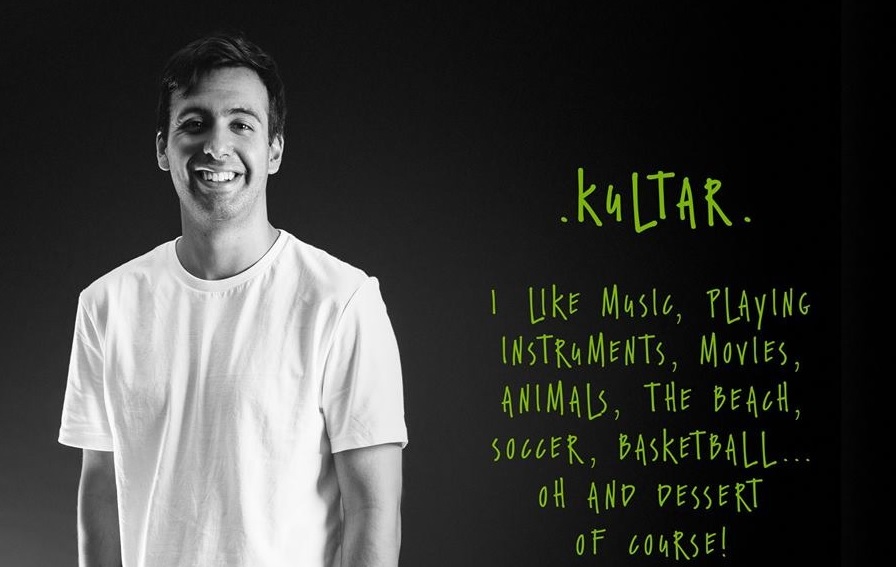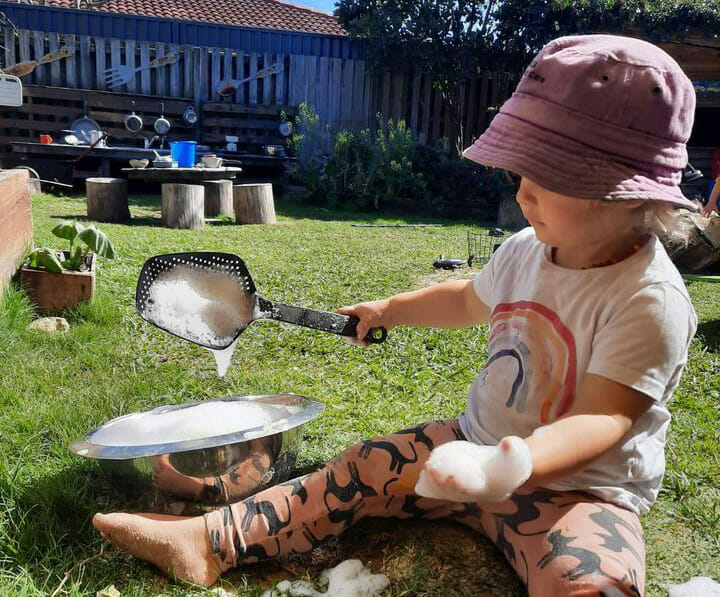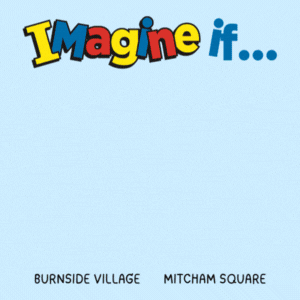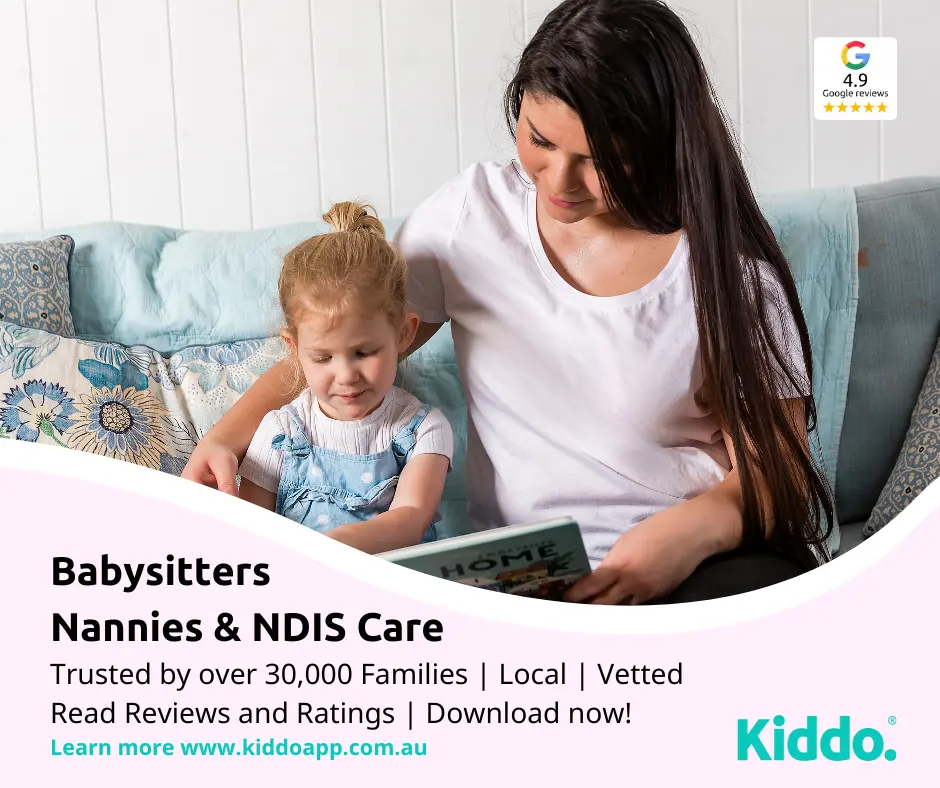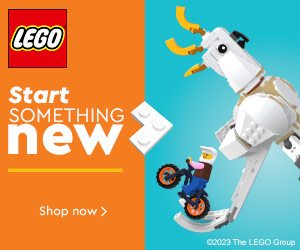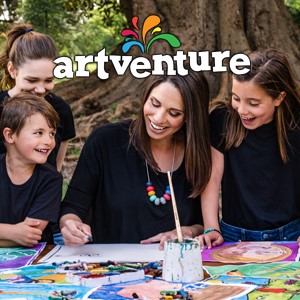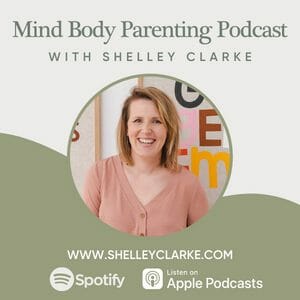In our latest Therapy Corner we are exploring Occupational Therapy (or OT for short). We are so lucky to have had the opportunity to chat with Kultar from one of Adelaide’s leading OT practices – Occupational Therapy for Children located in Adelaide City. Just like their logo states “Putting the pieces together” is probably one of the most accurate and easiest ways of explaining OT. Its a bit of this and a bit of that but A LOT of detail and study and focus and FUN!
So lets discover what OT is and perhaps how it can help your child or someone you may know!
So tell me Kultar … what led you to become an Occupational Therapist?
My first job whilst in high school and at uni was working as an assistant at Gymbaroo – I learnt early on that I really enjoyed working with children. Through Gymbaroo, I met Dino Mennillo (director at Occupational Therapy For Children) and observed the kind of work he was doing at the practice and knew straight away that is what I wanted to be doing. I kept in contact with Dino and the practice throughout my studies and was lucky enough to get a job at OTFC as soon as I graduated.
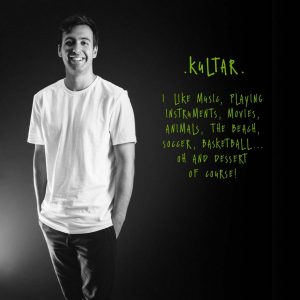
What do you feel is the biggest misconception about OT?
Well there are a few misconceptions – a lot of people have no idea what an occupational therapist does because it is such a broad career. Just as an example; what an OT in a stroke rehabilitation ward in a hospital would do is like chalk and cheese to what I do as a pediatric OT. But my go-to explanation of OT if I am at a dinner party is “occupational therapists support people to do the things they want and need to do across the life span”, I think that covers what we do in a broad manner.
But more specifically, in the pediatric setting, the misconception is that we are just PLAYING with kids and yes, play is a big part of what we do, play is a child’s main occupation in the early stages of their life. But the beauty of what we do is enabling therapeutic opportunities through play. So my goal in a 50 minute consult might be to improve a child’s grasp and grip strength for things like holding cutlery, pencil skills etc – if I can enable this through a fun game that the child has collaboratively created with me rather than just prescribing a boring exercise then it’s a win-win.
What exactly goes on in an OT Session?
It really depends on the child and the family’s goals – these can range from supporting the child at school, difficulties at home with sleep or toileting to needing support with gross and fine motor skills. Occupational Therapy For Children is an Ayres Sensory Integration Practice so our therapy is clinic based with lots of gross motor play equipment, suspended equipment (i.e. swings) and often child-lead. We take a multi-sensory approach to our therapy, so a lot of activities will involve multiple senses working together – a simple example would be having a child swing (vestibular) whilst listening to instructions (auditory) and throwing at targets (visual).
We use a “bottom-up” approach which basically means we will support basic sensory foundations to up-skill a person with higher level skills. For example, if a child with poor touch perception is having difficulty holding a pencil, we won’t discretely work on this skill, we will look at the child’s capacity to use tactile perception for all tasks and look at how this can be improved through intensive sensory input.
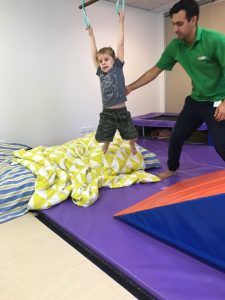
What ages is OT beneficial?
Occupational therapists do work from birth all the way through to palliative care. Our practice specialises in working with children, but in mid 2018 we will be expanding to a new clinic “OTFC+” with a core focus on teens and young adults.

What areas/challenges can OT actually assist with?
Occupational therapists are trained to help people of all ages to better perform the everyday activities (or occupations) that they need to, want to or are expected to perform. For children, this means assisting with play skills, self-care skills, learning and being a part of a family and friendships.

How will I know if my child needs to go to OT for any areas?
If there are concerns with the above areas – if your child is having consistent difficulty in their play and socialising, in their capacity to learn both physically and cognitively, in their ability to be independent, if they are having difficulty managing certain sensations – these would all be areas that would be worth exploring in OT.
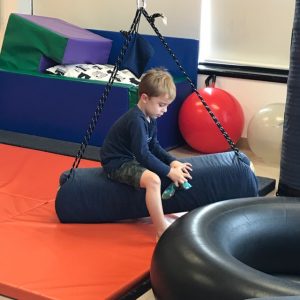
Do I need a referral to see an OT?
No referral is needed, but we often get referrals from Speech Pathologists, Pyschologists, GPs, Teachers and Paediatricians.
Something about OT you may not know is………
Occupational Therapy is a relatively new profession, it’s only really been in existence for the last 100 years or so. But the therapeutic use of doing activities/occupations is much older – going back to ancient Greece even.
Advice for any parent about to start the OT journey……
Be really clear about what it is that you want to achieve through OT. Do your research – there are so many different practices out there, especially since the NDIS has rolled out and different OTs offer different types of services. Every child is unique and the same approach is not going to work for every child. From my experience most kids love coming to OT, it is often a very rewarding experience for all involved.
And lastly do you have a favourite story you would like to share in helping someone’s journey…
One of my favourite things about working as an OT and in a 1:1 capacity with children is highlighting an individuals enormous potential. Often a lot of the kids I see might be struggling in a mainstream classroom or at home, but when they are provided a safe and playful environment with a just-right challenge (not too easy, not too difficult) their true potential shines. I remember one parent marveling at her child with Autism Spectrum Disorder and ADHD showing the capacity to read in one of our sessions for the first time. Because we weren’t sitting at a table forcing the child to work on their literacy but instead we were involving lots of dynamic movement and had turned a literacy task into play. It was a beautiful moment.








